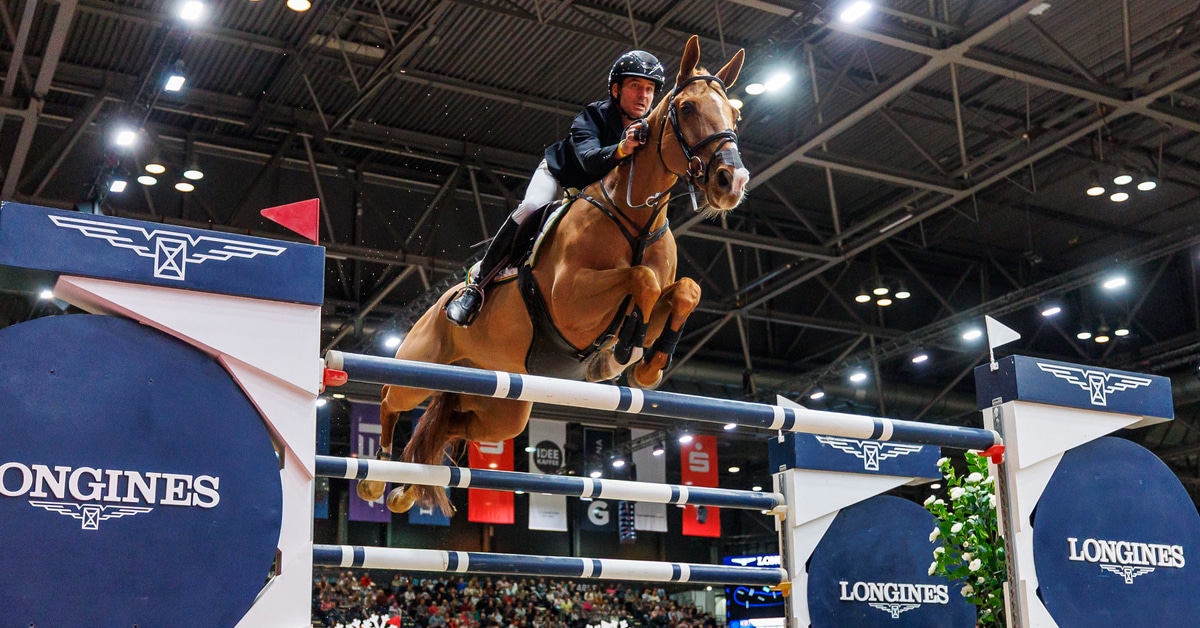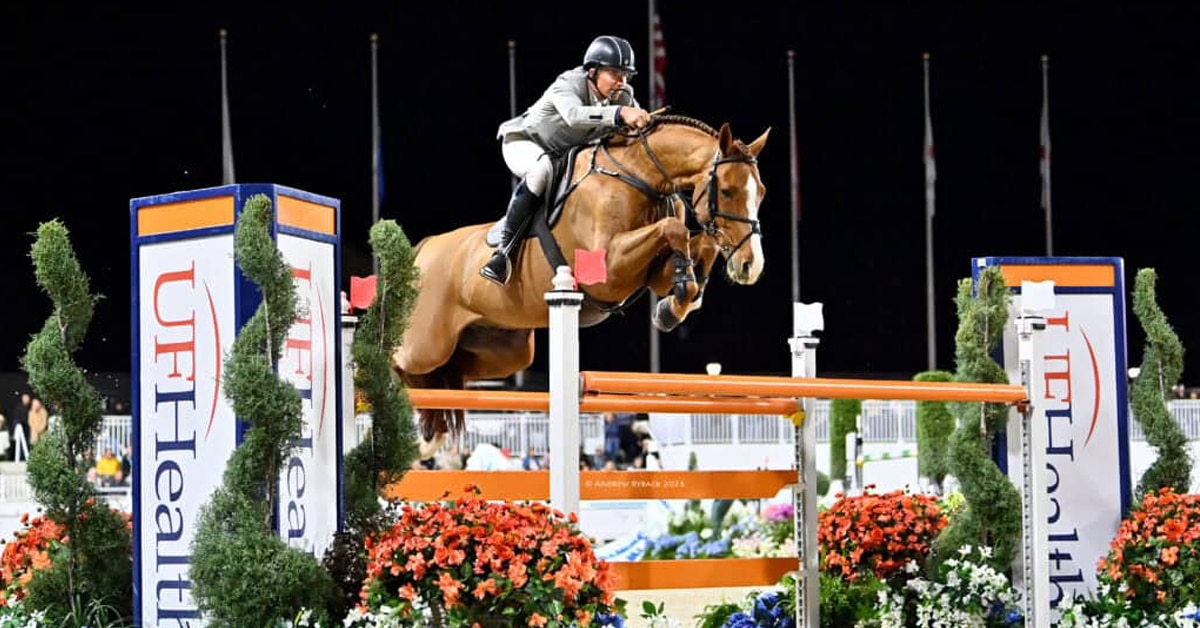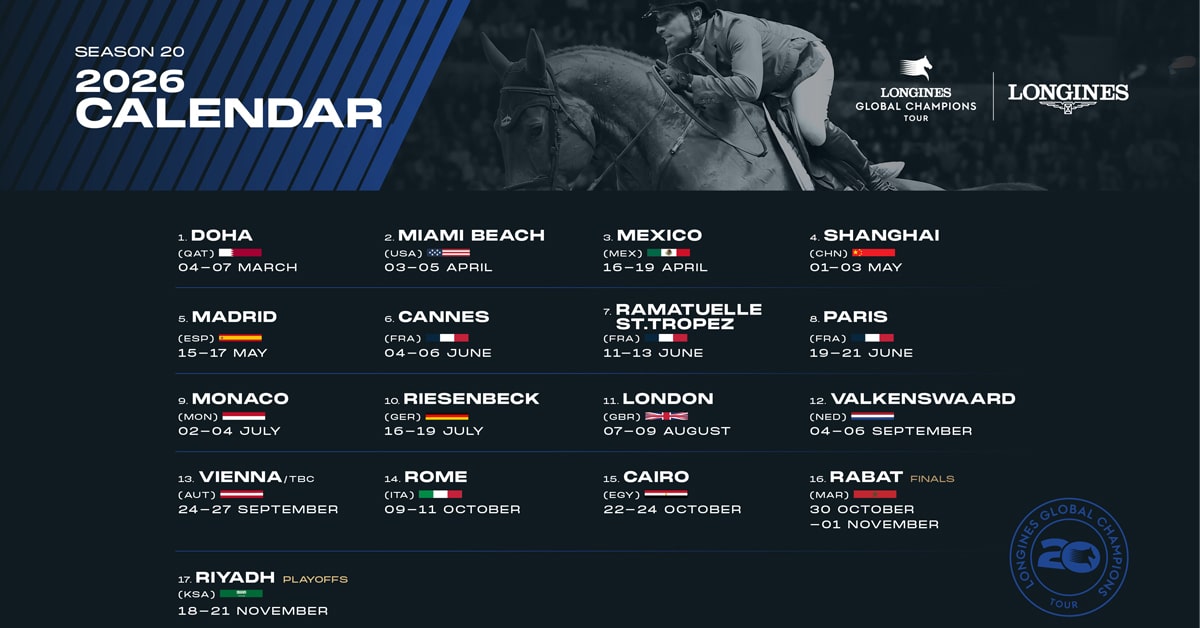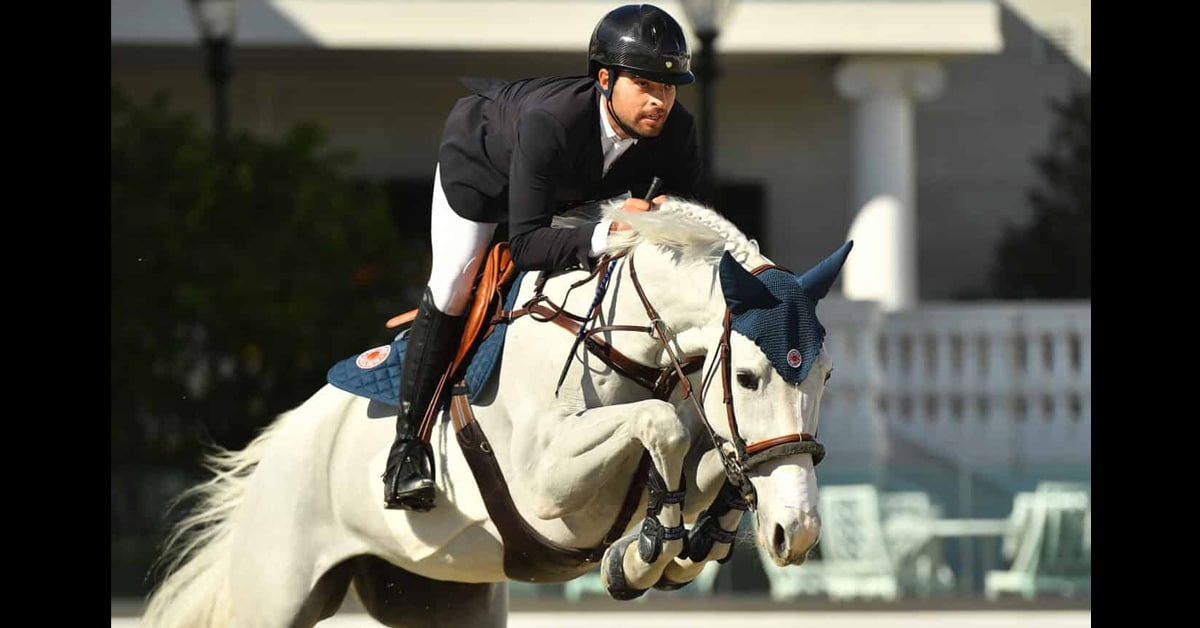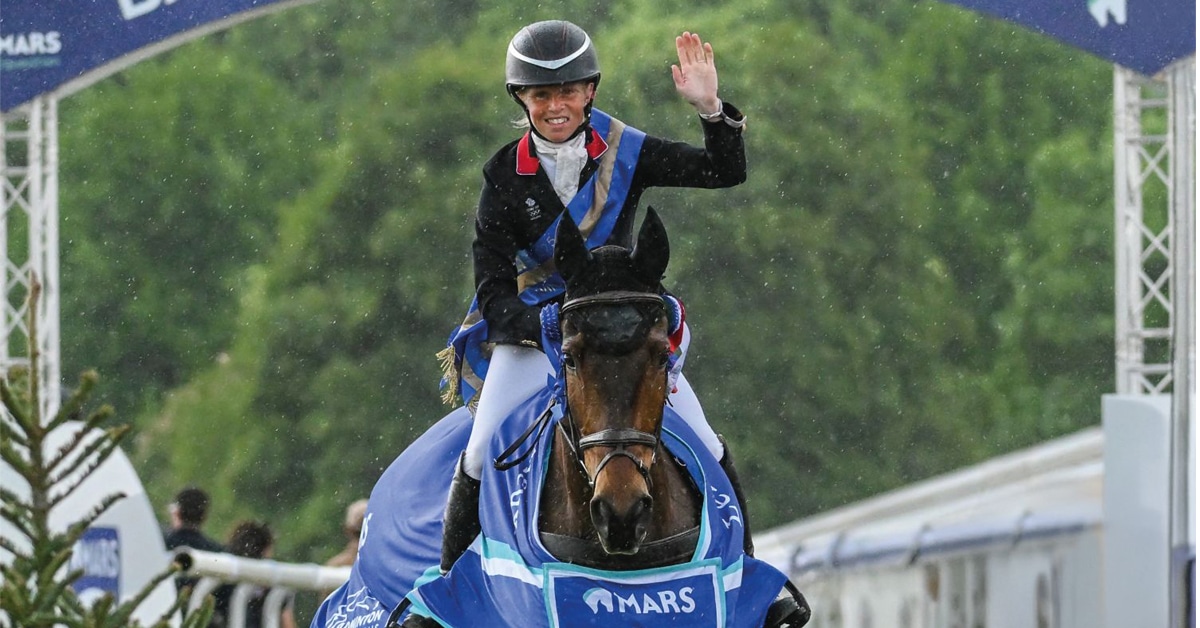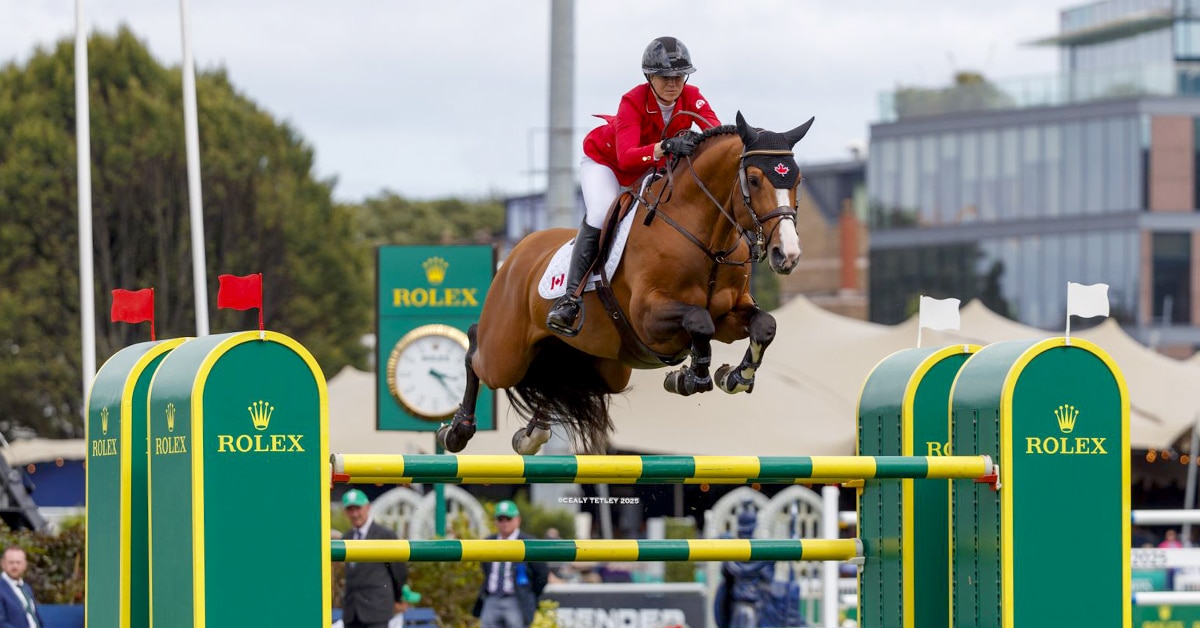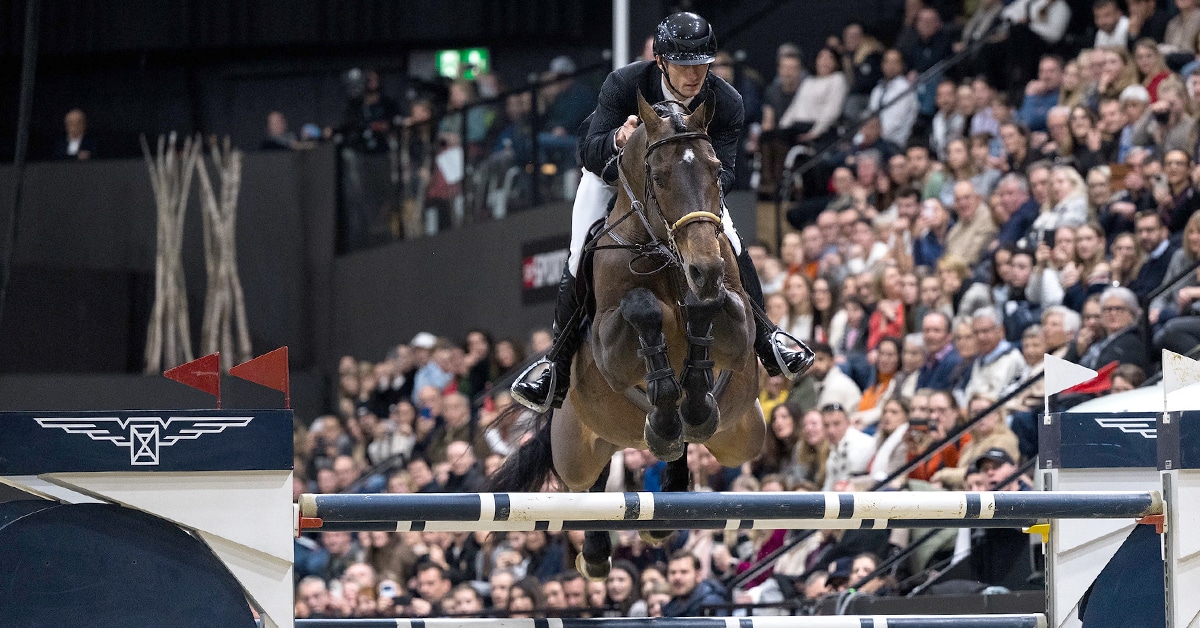The historic site of the Palace of Versailles has been re-confirmed as the equestrian park for the Paris Olympic Games in 2024.
To save Euros 400 million as a result of the pandemic, organisers have revised their venue plan, which was originally set in 2017. While several stadium builds for other sports have been scrapped, Versailles remains unchanged for equestrian and para. However, spectator capacity for cross-country has been revised down to 62,000 from the 80,000 projected in 2017. Versailles will also host the modern pentathlon.
Versailles meets two of the Paris Games’ core goals of being “green” and highlighting the rich cultural heritage of France. Versailles also has good transport links, with a main highway, three railway stations and two small aerodromes nearby.
The famous chateau became the seat of French power in 1682 when King Louis XIV moved the royal court from central Paris, 20 km away. As a museum nowadays, it accommodates countless priceless artworks. Hundreds of acres of structured gardens designed by the top 17th century landscape architect André Le Nôtre have long been a tourist magnet.
The temporary facility will include a 20,000-seater arena.
Comparisons will inevitably be drawn with London 2012’s decision to construct an entirely “pop-up” facility for equestrianism with no hard legacy for horse sport at Greenwich Park. It seems that the 2017 estimate of $12 million for Versailles will also prove optimistic.
Both Greenwich and Versailles are UNESCO World Heritage Sites. London underestimated the cost of ecological and heritage protection measures, and the reinstatement of the grounds thereafter. In the early ‘noughties the IOC was questioning the cost of equestrian events – Athens 2004 spent £120 million on a permanent facility which quickly fell into disuse. Bearing those concerns in mind, the original London feasibility study in 2003 estimated that temporary infrastructure at Greenwich could be capped around £7 million (CAN $12 million) – eventually costs were understood to top £100 million.
Ecology measures at Greenwich included specialist re-seeding and irrigation of the cross-country track and the construction of a vast, elevated platform for the main arena to protect the ground beneath. There was also opposition from local activists who were locked out of parts of the park for nearly a year.
Paris bid unsuccessfully for other recent Games, each time slating a different site for the equestrian park nearer the city centre. For 2012 it selected Longchamp-Bagatelle for around $33 million, and 2008 the Esplanade des Invalides for dressage and jumping at $29.4 million, with the eventing cross-country at Auteuil racecourse for an estimated budget of $10.7 million.
Modern pentathlon faces a more radical format change for the Olympics than anything experienced by equestrian to date. Paris will run all five disciplines as a single 90-minute effort, which International Modern Pentathlon Union (UIPM) president Klaus Schormann says can have a “transformative effect on the sport’s profile and popularity.”
More News
